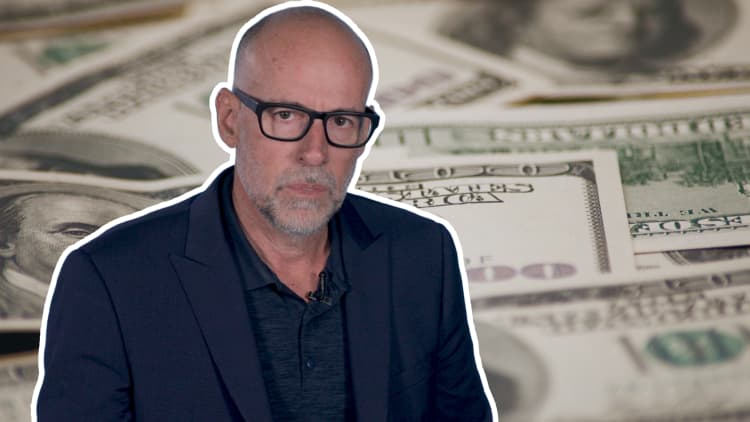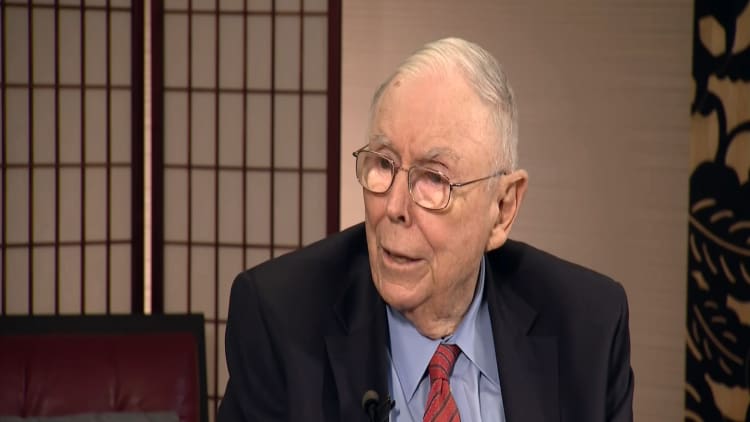With a net worth of $97 billion, capitalism has been good to Microsoft co-founder Bill Gates, and he thinks it's a good system.
Still, "There's no free lunch here. You'd have to collect more money," Gates told CNN's Fareed Zakaria on Sunday.
That money should come from rich people in the form of higher taxes, he said. "As you go about doing this additional collection, of course you want to be progressive. You want the portion that comes from the top 1 percent or top 20 percent to be much higher," Gates said.
Gates has been a frequent advocate of taxing the wealthy at higher rates. Gates told Zakaria last year, "I need to pay higher taxes … I've paid more taxes, over $10 billion, than anyone else, but the government should require people in my position to pay significantly higher taxes."
In particular, Gates suggested raising the capital gains tax, which is the tax levied on profits earned when a property or investment is sold. Currently the capital gains tax is 20 percent on net capital gains when the taxpayer's taxable income is higher than the threshold for the regular 37 percent tax rate, according to the Internal Revenue Service; that's $425,800 for single filer, $479,000 for married filing jointly or qualifying widow(er), $452,400 for head of household and $239,500 for married filing separately.

"The big fortunes, if your goal is to go after those, you have to take the capital gains tax ... and increase that," Gates told Zakaria Sunday.
Further, Gates advocated raising the estate tax, which is levied on the cash, property, real estate and other assets of a deceased person when it is transferred to another person.
"I've been the biggest proponent of having the estate tax collect more money. It was at 55 percent. It's now down from that with a much bigger deduction," says Gates. For 2018, the Tax Cuts and Jobs Act puts the estate tax at 40 percent after the first $11.18 million.
While Gates is in favor of making changes to the current tax code, he told Zakaria he supports capitalism as a market framework, despite recent backlash and talk of socialism.
"Now you can say I'm biased because this system has worked very well for me, and I feel — I plead guilty to that," Gates told Zakaria. "But as I look overall at the capitalist economies, there are a lot of good things doing, and I think you can tune the tax parameters and get way more equity and get some additional government services and still be in the same basic framework."
Tweaking the tax system so that wealthy people pay more does not have to hurt competition or entrepreneurship. "As long as you have market-based pricing. You let people create new companies very easily," Gates said, "If you think there's a lot of competition someplace, you come in and intervene on that."
"Flirting with radical change, dramatic change, how we run these systems, I personally — my vote will be not to make a radical change," he said.
See also:
Here's how much Jeff Bezos, Bill Gates, Warren Buffett could pay under Bernie Sanders' tax plan
Billionaire Warren Buffett: 'I don't need a tax cut' in a society with so much inequality
Ocasio-Cortez's 70% tax plan gets fierce response, but even Warren Buffett says rich should pay more

Like this story? Subscribe to CNBC Make It on YouTube!


